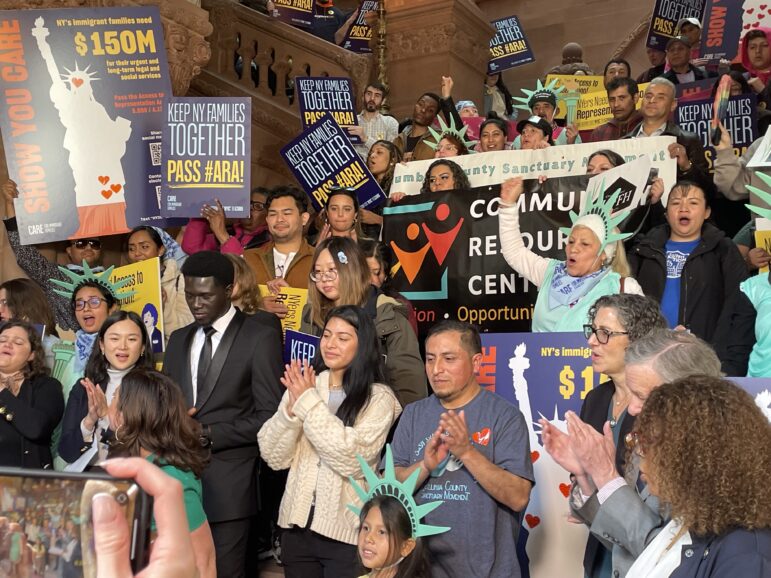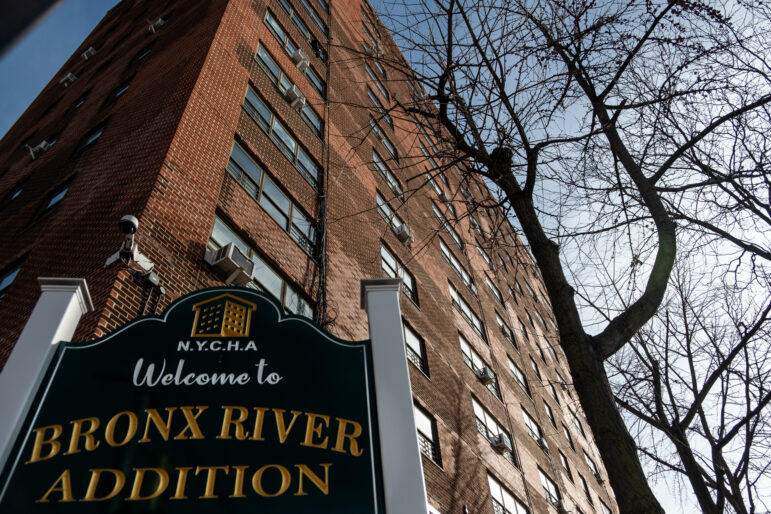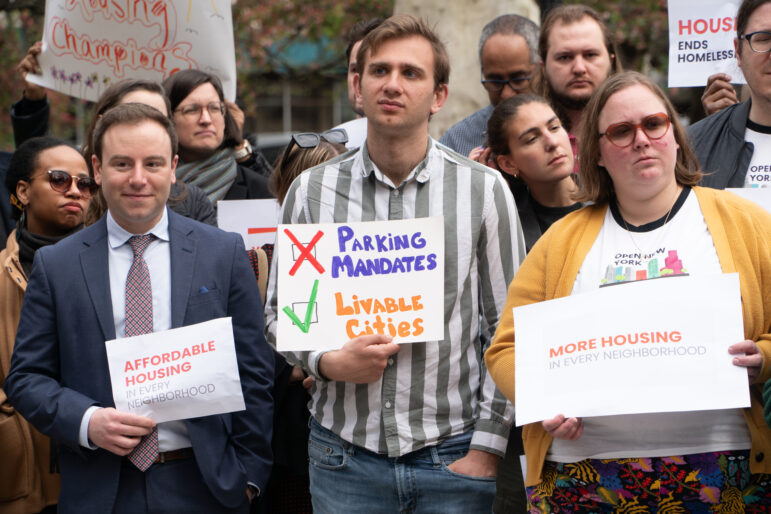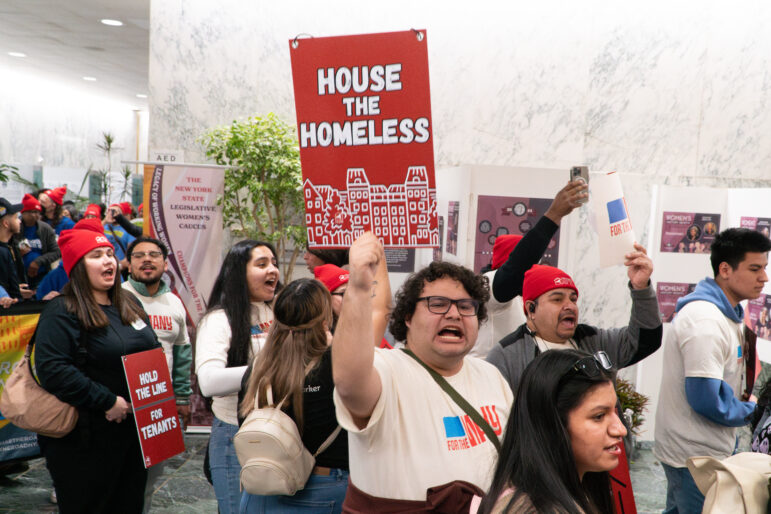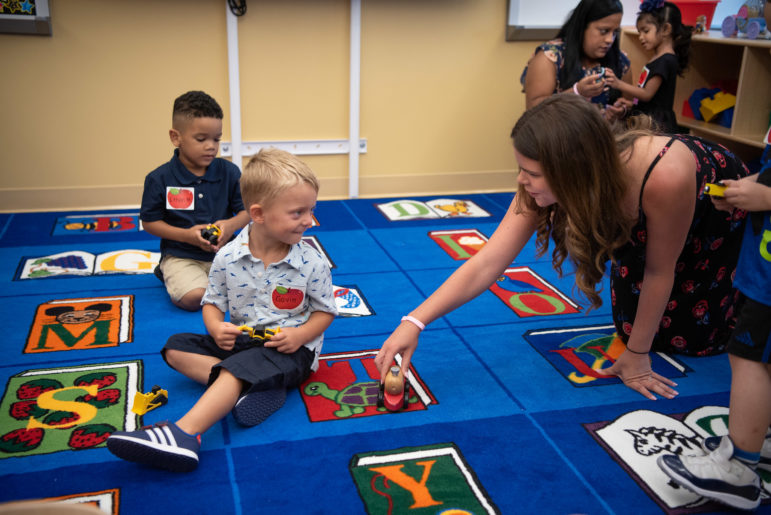
Michael Appleton/Mayoral Photography Office
The first day of the 2018 school year at PS 377 in Ozone Park, Queens.
If you got 1,000 New York City public schoolchildren into a room, 14 of them would be members of the Gifted & Talented program.
Yet in the days since the de Blasio administration’s School Diversity Advisory Group (or SDAG) issued its recommendations for policies to reduce segregation in city schools, the proposal to end the current Gifted & Talented program has garnered an outsize share of attention and outrage.
Just Wednesday, a group of City Councilmembers protested that idea, a former mayoral candidate counter-proposed an expansion of the G&T program and the National Review dismissed the notion as part of “an ideological campaign against educational excellence.”
But the proposal to phase out Gifted & Talented is just one part of what the SDAG proposed, because G&T is just one part of a larger regime of screening in place across school system—a mechanism that imposes a standardized test at age 4 to decide which children will receive an enriched program and which will not, then forces parents of 10-year-olds to navigate tests and interviews and auditions in a scramble for seats in “good” middle schools, well before the brutal high-school placement process.
As SDAG member Matthew Gonzales explained to WBAI’s Max & Murphy Show on Wednesday, the city’s screening system is relatively new. Much of it dates only to the previous mayor’s school reforms. “We’re trying to transform the policy structure that was decided by the Bloomberg era,” Gonzales said.
On the other hand, the New York City screening system is and years behind with how other big cities approach school assignment, and also what new research indicates are the social and pedagogical advantages and flaws of a system of sorting rather than inclusion.
“The authors of Gifted & Talented are saying that what we’re doing now is broken, not working, and not providing opportunity to all kids,” Brooklyn Councilmember Mark Treyger, a former teacher who chairs the Council’s education committee, told the show. He also faulted many of his colleagues in public office for reacting to headlines from the report rather than reading it.
It’s an incredibly complex issue, with no simple answers. As Gonzales, also a former teacher, pointed out, more inclusive classrooms require well-trained teachers with reliable administrative support. If middle-class parents reject inclusive policies and leave for private schools, the report acknowledges, “it will become even more difficult to create high-quality integrated schools that serve the interests of all students.” And there is real urgency. While we talk about the disparities in city schools on radio shows, kids live in them, as their irreplaceable youths pass by.
Listen below to the conversation Gotham Gazette’s Ben Max and your reporter had with Gonzales and Treyger.


